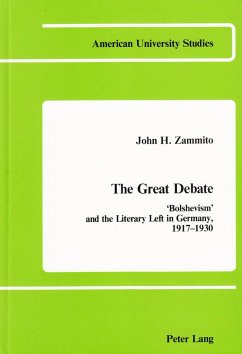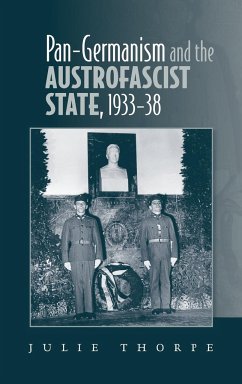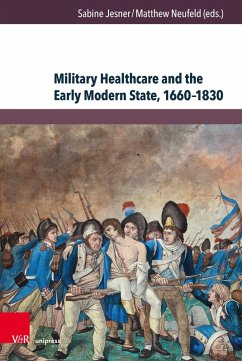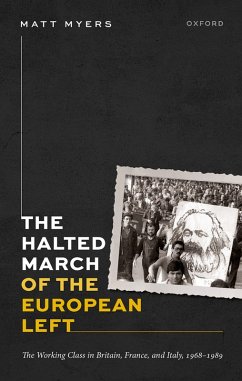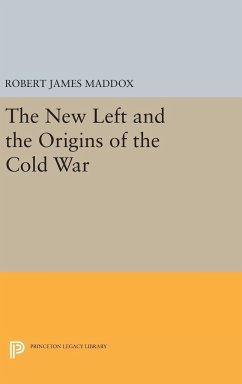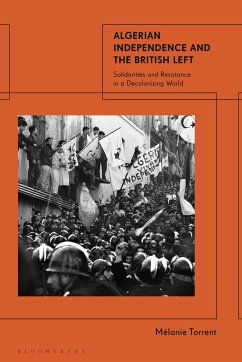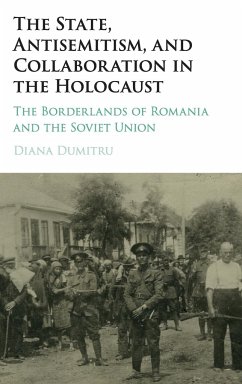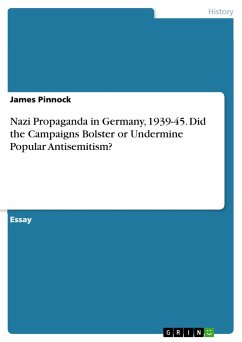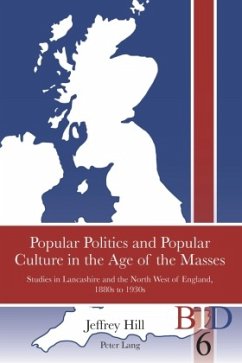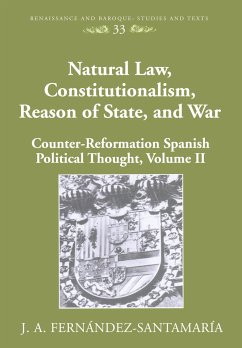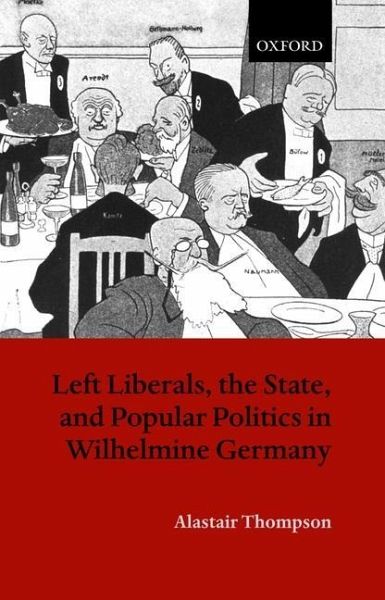
Left Liberals, the State, and Popular Politics in Wilhelmine Germany
Versandkostenfrei!
Versandfertig in 1-2 Wochen
324,99 €
inkl. MwSt.

PAYBACK Punkte
162 °P sammeln!
Although often viewed as ineffectual intellectuals, or a spent political force, Left Liberals had become the third largest party in German politics by 1914 and in the German Revolution of 1918/19 it was Left Liberals who effectively wrote the new Weimar constitution. This study, based on extensive original research, investigates Left Liberals in the locality, as well as at the national level, with case studies ranging from Kiel to Kattowitz. Overturning old notions of German liberalism as the helpless victim of mass mobilization and political polarization, it is central to understanding both i...
Although often viewed as ineffectual intellectuals, or a spent political force, Left Liberals had become the third largest party in German politics by 1914 and in the German Revolution of 1918/19 it was Left Liberals who effectively wrote the new Weimar constitution. This study, based on extensive original research, investigates Left Liberals in the locality, as well as at the national level, with case studies ranging from Kiel to Kattowitz. Overturning old notions of German liberalism as the helpless victim of mass mobilization and political polarization, it is central to understanding both increasing left liberal influence and support on the eve of the First World War, and why liberal values could not be consolidated after 1918. This study has powerful general implications for the history of imperial Germany, reassessing the role of political parties, public perceptions of politics, and the impact and character of the state.



